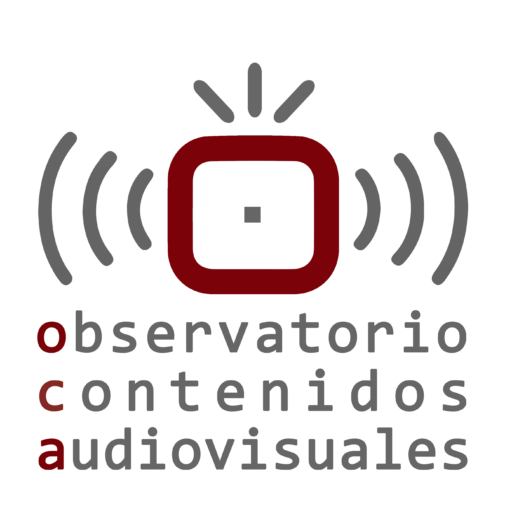The Project | The Team | The Study | Results | Partners | Contact
Data Science in Spain: knowledge and public perception of big data and artificial intelligence
Currently, Data Science is one of the newest, most challenging, revolutionary and polemic fields of science that is why its communication is of particular relevance and complexity.
The basis of Data Science are still the great unknown to citizens and there are growing negative attitudes towards the progress of this discipline. On the one side, although new terms related with DS are constantly being incorporated to the daily activities and conversations of citizens, they still have problems understanding concepts such as algorithm or machine learning. On the other hand, many citizens are seriously concerned about the risks and threats of BD and AI, such as the disappearance of jobs or the use of personal data for social control.
CONTEXT
DataScienceSpain deals with the challenges of communicating scientific advances in the promising though controversial field of Data Science, especially those related with the specific communication and public understanding of Big Data and Artificial Intelligence. Data Science is a contemporary discipline that combines approaches from Computer Science and Mathematics to develop a significant understanding from data:
- Big Data is the part that deals with large amounts of complex data.
- Artificial Intelligence is a more traditional and broader discipline and it studies how machines can solve complex problems by reasoning and choosing the best alternatives.
Two concerns are detected in this context:
(i) the need to evaluate modern Science Communication and
(ii) the current impact of data science on the daily life of citizens.
WHAT IS IT ABOUT
The main idea behind DataScienceSpain is that DS communication must be studied due to its current impact, which also makes necessary to know how it is communicated and whether if that communication is effective.
The method we will use combines qualitative and quantitative techniques, reaching a global and multidimensional approach so that we can properly examine the role of media in the public understanding of DS from different perspectives. DataScienceSpain will include modern and innovative methods, such as computational analysis and Big Data techniques, together with other more traditional ones, such as in depth interviews or surveys, which will bring them a new approach.
Three big methodologies will be used:
| Surveys | Qualitative interviews | Automatic content analysis |
OBJECTIVES
The main goal of DataScienceSpain is to examine the role of media in the communication and understanding of scientific advances in DS, specifically, in the fields of BD and AI, and its real impact in the daily life and the future of Spanish citizens.
Therefore, the specific goals of the project are:
O1: Survey the public understanding and attitudes toward DS, BD and AI in Spain, identifying the gender, age and socio-economic gaps, as well as the ways they use to get information about these topics.
O2: Examine the role of journalists and of media in the communication of DS, BD and AI in Spain, identifying the current knowledge of journalists about these topics and understanding the communication process from the perspective of the producer.
O3. Examine the pieces of news and the media contents about DS, BD and AI in Spanish media, identifying what aspects are most common and how they are depicted. This will allow to analyse the messages and contents produced by journalists and consumed by citizens about DS, BD and AI.
INNOVATION AND CHALLENGES
Science Communication has been broadly analysed, usually in national contexts, with a strong focus in public understanding and the attitudes of citizens (Miller, 2001). One of the most relevant reports about this topics in Spain is the Percepción Social de la Ciencia y la Tecnología en España (Fecyt, 2018). Some scholar researches have also studied the accuracy of news about science or the way this information is presented in the media (Summ & Volpers, 2015). The methods of these works have usually been content analysis and, to a lesser extent, cases of study and interviews with experts.
DataScienceSpain goes further than the state of the art by combining several methodologies in order to reach a multidisciplinary approach, analysing at the same time the perceptions of citizens (using surveys) and of journalists (using in depth interviews) and the contents (using machine learning and computations methods).
DataScienceSpain will offer one of the most complete analysis of the current state of Data Science communication, as well as the most complete image of the state of Science Communication in Spain to date. This mixed methodology will also allow us to study the whole communication process: transmitter (journalists and media), receiver (society in general), message (news about DS, BD and AI), code and channel (media), sing the current media scenario –with a growing presence of digital and social media– as context.
Only such a complete view can allow a project like this to review Science Communication from all perspectives and formulate credible and real alternatives.
In collaboration with:
Project funded by the Spanish Foundation for Science and Technology (FECYT) in the Call for grants to promote the scientific, technological and innovation culture 2018-2019. [FCT-18-13437] and in the Call for grants to promote the scientific, technological and innovation culture 2019-2020. [FCT-19-15021]


